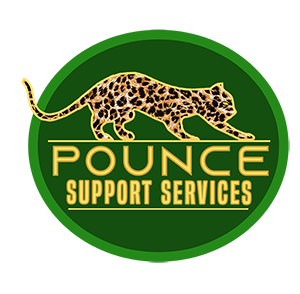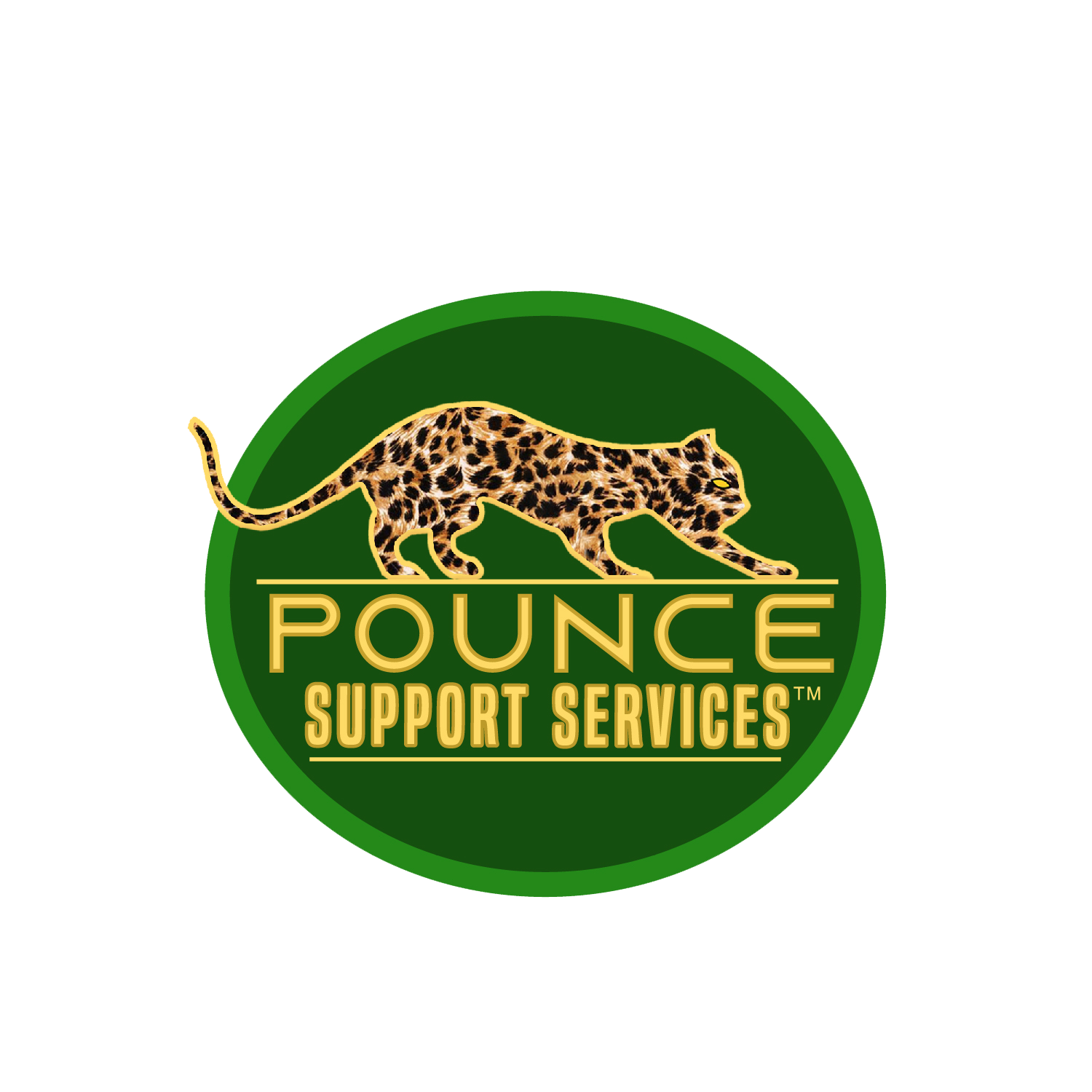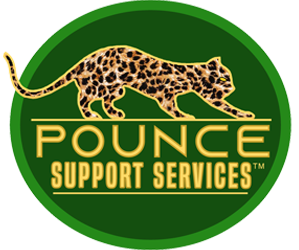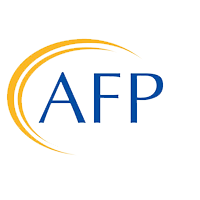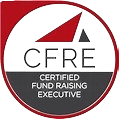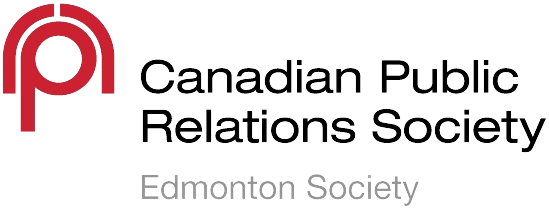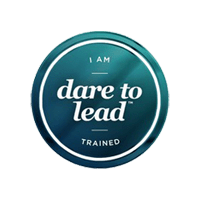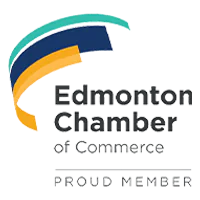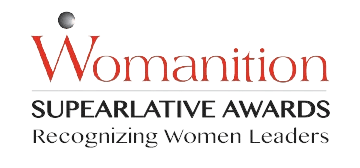My Workplace Bullying Story 
By Ruthann Weeks, CRS
Nobody would have seen my colleague and thought of her as a bully. She was a petite, sharp-dressed lady with silver hair. She was well-liked and respected in the community. I admired her, but after a while, I started to feel guarded and uncomfortable in her presence. She was the passive-aggressive kind of bully who made a lot of incorrect assumptions about who I was, what I thought, and what motivated me. She would take what I said out of context, tell lies about me, and disparage my character to others behind closed doors.
Seeking a new opportunity to do meaningful work, I joined a mid-sized non-profit in a management position. I was informed on my first day on the job that the executive director who hired me was retiring in three months and for whatever reason, she was rarely in the office after that.
I am someone who enjoys a lot of autonomy in my work, but being left with no direction, no access to leadership, or authority to create any change in my department was disheartening. I was excluded from strategy meetings where other directors were included, and never informed about long-standing events and practices affecting my team. I tried not to take it personally. My bully, a peer Director, regularly said, “I’m not like you, I don’t have your confidence.”, meanwhile I was questioning everything about my role and how to fit in, while she had regular contact with the absentee ED after-hours. This same director twisted things I said, excluded me, and undermined my authority in the most subtle ways, all with a smile and cheery disposition. It wasn’t long before I was walking on eggshells, playing small, and trying very hard to fit into a rigid, authoritative, and formal workplace culture.
While I wasn’t familiar with the term at the time, what I was experiencing was a lack of psychological safety and it started to affect my psychological health. Psychological health is a personal responsibility to do what we can individually to take care of ourselves, mentally, physically, spiritually, and emotionally. We get enough rest, we eat nutritious food, we practice self-care that resonates with us, and we can cope with the usual stressors life throws our way and contribute to our workplaces, our families, and society. Psychological health and safety is an organizational responsibility, and it includes setting people up for success in supportive work environments that encourage them to bring their whole selves to work and contribute in meaningful ways that maximize their potential. It is not possible to maintain psychological health in an environment that is not psychologically safe, because the lack of inclusion safety erodes your sense of well-being. It leads to people holding back, afraid to engage fully, offer solutions to problems, or report mistakes, because they are afraid, they will be attacked, ostracized, or criticized.
So often employers want to fix culture with a workshop, policy, or respectful workplace training, while never addressing the root of the relational problems that exist and allowing toxic behavior to perpetuate. Failing to address the systemic problems will not create positive change. Seeking outside HR expertise in the area of workplace abuse is one way to ensure due diligence and best practices in creating your culture of support and psychological health and safety.
Although I did nothing to deserve losing my job, I ended up getting fired because of the covert bullying actions taking place behind closed doors that defamed me and assassinated my character. The decision-makers believed the lies, half-truths, and disparaging reports. I was devastated, ashamed, and relieved as I was forced to make a move from the fake niceness and lack of leadership. Looking back, I wouldn’t change a thing.
Ruthann Weeks is a People and Culture Strategist and founder of Harmony In The Workplace. She is passionate about helping leaders create environments that support them and the people they lead. She is an author and gifted keynote speaker who delivers a powerful message about today’s workplace challenges.
As an HR professional, Ruthann specializes in psychological health and safety, leadership development, DEIB, workplace bullying, sexual harassment, domestic violence, and mental health in the workplace. Connect with Ruthann at info@harmonytraining.ca.

